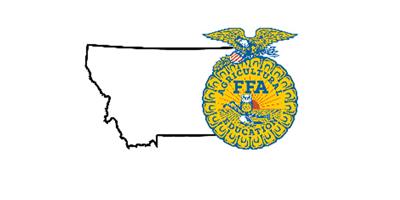For the second time in less than a year, the Montana Office of Public Instruction has been frustrated in their effort to fill the position of State Ag Education Specialist.
In a state that is in dire need of a skilled workforce; and that places much value on high school Ag Education and FFA; and that has substantially increased its support of Career and Technical Education in recent years, this is unwelcome news indeed.
The challenge began when former Ag Ed Specialist, Brad King resigned in late spring 2016. The first Search for his replacement was unsuccessful, and as reported here on Northern Ag Network, a second broader effort was launched this past fall. That second search also failed to find a suitable candidate.
At a meeting of an Ag Ed Specialist Hiring Committee on January 26th, the possible reasons for the unsuccessful searches were discussed, as well as what changes might bring future success. Potential obstacles that were identified include:
· Requirement for a Montana Teaching License: By requiring an existing Montana teaching license, some good candidates may be precluded who might come from out-of-state. (A high percent of Montana’s current high school Ag Instructors originally transferred from other states.)
· Inadequate Compensation Level: The offered salary of approximately $50,000/year may not be sufficient to attract the kind of experienced Ag Educator most desired for this statewide responsibility.
· Teachers Retirement System (TRS) requirement: A retired Montana Ag Ed teacher might make a great candidate, but because the position is treated as a TRS position, there exists a big disincentive. Such a candidate would lose the ability to access their retirement benefits, causing a substantial drop in their personal income, and making it quite costly for them to accept this position.
Montana’s CTE Division Administrator T.J. Eyer says his department will rework the recruitment documents and begin a new search immediately, hoping to be able to make an offer to a candidate by April 15th.
Eyer confirmed that he also plans to meet with the new leadership in the Office of Public Instruction to discuss what else might be done to achieve success.
Realizing that other states may be dealing with the same issues, committee members plan to evaluate how similar states successfully compensate their Ag Ed Specialists, compared to other content area specialists.
The current high demand for skilled workers has generated interest in this issue from a number of policy makers, employers, and business leaders; many of whom have expressed their desire to support appropriate changes that will enhance long-term success for Ag Education.
A third search attempt to fill the State Ag Ed Specialist position will be launched this spring, that will likely be accepting applications between February 1 and March 15.
2017 Northern Ag Network


